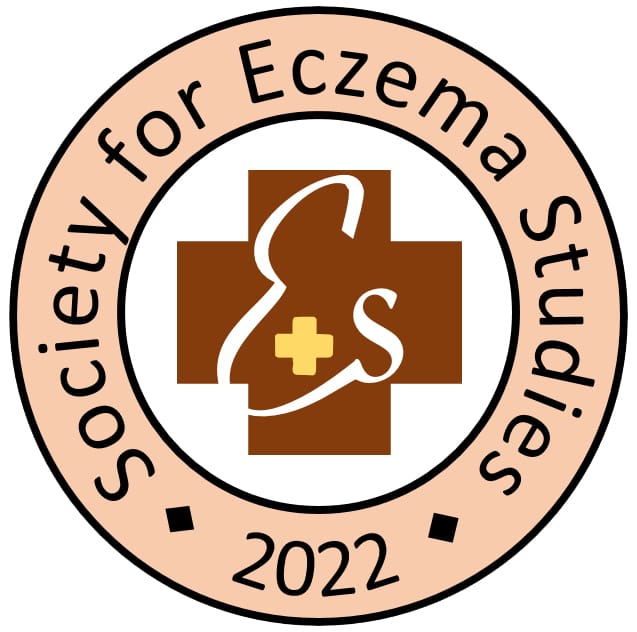Understanding And Managing Hand ECZEMA
What is hand eczema?
Hand eczema, also known as hand dermatitis, is a skin condition characterized by redness, itching, and inflammation on the hands. It may begin during childhood but tends to be more prevalent amongst teenagers and adults. Hand eczema might be a temporary, fleeting issue. Nevertheless, for some individuals, it can persist for years, significantly affecting their daily lives. Hand eczema is mainly seen on the palms but can also affect other parts of the hand.
Who can get hand eczema?
Anyone can get hand eczema. However, you are more likely to be affected if you:
- Have had similar skin problems, eczema, hay fever, or other allergies as a child
- Are engaged in occupations involving frequent exposure to water (wet work)
- Are in a job that exposes your hands to irritating chemicals or frequent disinfection
What does hand eczema look like?
The skin of the hands may be itchy, red and swollen. Later, the skin may dry out with crusts, scales, and cracks. Skin may sting or burn when in contact with irritants, and may eventually crack and bleed. It is not uncommon to observe itchy small blisters or fissures that can be painful during hand or finger movements.
What are the common triggers?
Irritants : Soap, detergents, engine oils, hair dyes, bleach, fragrances,foods
Allergens : Nickel, perfume, preservatives, chemicals, rubber, various plants
Environment : Cold and dry weather, excessive humidity
Emotional stress
Remember, individual triggers may vary, and consultation with your dermatologist for personalized guidance is essential.
How is hand eczem a diagnosed?
Hand eczema is diagnosed through a thorough examination conducted by a healthcare professional. A detailed inspection of the skin on the hands and other areas of the body is performed to confirm whether the eczema is localized to the hands or indicates a more extensive skin condition. Patch testing may be considered by your dermatologist to identify specific allergens.
Is hand eczema contagious ?
Hand eczema is not contagious .Since you cannot pass it to others, there is no need to avoid touching your friends and famiy.
How is hand eczema treated?
Your dermatologist will prescribe different creams / ointments and oral medications for relieving your symptoms. However, skin protection is a very important aspect of your treatment .
Managing hand eczema What can I do?
Avoid or minimize wet work, wherever possible
Avoid contact with allergens and irritants that trigger your condition.In cases where avoidance is very difficult, if not impossible , this can be achieved by wearing gloves or using barrier creams
Use moisturizers/emollients frequently to avoid excessive drying of the skin
Stress can exacerbate eczema so practice stress reducing activities
What kind of gloves should I use?
The best choice of glove material will depend on the chemicals or allergens being handled. While cotton gloves are helpful for dry work, PVC or disposable nitrile gloves are better choices than latex gloves (being allergenic ) for wet work. It is a good idea to use cotton lined gloves or separate cotton inner gloves to reduce sweating.
What precautions should I take during hand washing?
Use a mild fragrance-free soap or a soap substitute and tepid water for washing your hands. Remove rings if possible before washing your hands to avoid getting soap trapped underneath. After washing, dry your hands completely (especially between the fingers) and follow immediately by moisturization. Avoid using electric hand driers in work or public places.
How frequently should I use the moisturizers?
Moisturizers should be applied repeatedly throughout the day especially after hand washing (while your skin is still a little damp) and whenever the skin feels dry.
Do I need to take any precautions while preparing food?
Some foods are known to aggravate hand eczema, so it is best to wear gloves while preparing them. Onions, chillies, garlic, tomatoes, peel and juices of citrus fruits especially irritate the skin and should not be handled with bare hands.
Can hand eczema be cured?
There is no cure for hand eczema. However,treatment along with avoidance of irritants/allergens and proper skin care can eliminate symptoms to a great extent.
